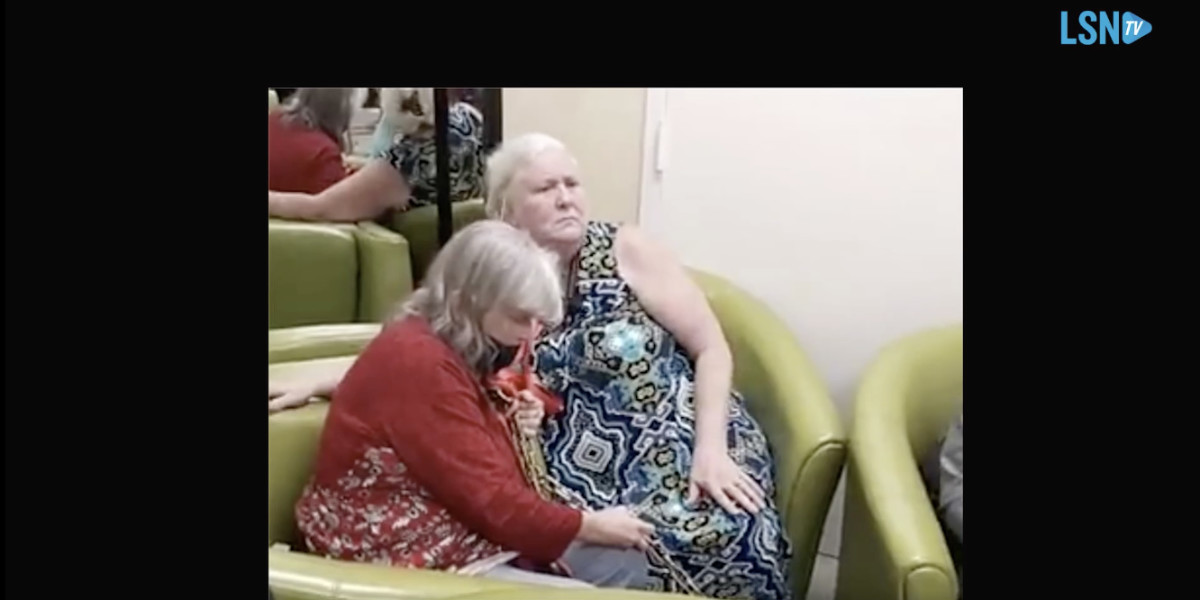Today, November 16, the verdict in Paulette Harlow’s federal bench trial was handed down by Judge Colleen Kollar-Kotelly. Kollar-Kotelly found Harlow guilty on both conspiracy against rights and FACE Act violations, ruling that the latter constituted a “crime of violence,” even though all participants in the October 2020 rescue action at the Washington Surgi-Clinic abortion facility – from which Harlow’s charges stemmed – were committed to non-violence and behaved accordingly.
Harlow’s eight previously convicted co-defendants – Jean Marshall, Jonathan Darnel, Joan Andrews Bell, Lauren Handy, Will Goodman, John Hinshaw, Heather Idoni, and Herb Geraghty – were all incarcerated by Kollar-Kotelly pending sentencing, the date for which has not yet been set. This is due to a rule which requires immediate detention for those convicted of so-called “crimes of violence.”
However, in a somewhat surprising move, Judge Kollar-Kotelly chose to apply a narrow exception to that rule, and has permitted Harlow to remain on house arrest pending her sentencing, which is scheduled for March 19 at 10 am. Kollar-Kotelly stated that immediate incarceration would “pose so great a danger to [Harlow’s] health” as to be unjust.
The terms of Harlow’s house arrest dictate that she is only permitted to leave her home to travel to court hearings and for medical appointments and procedures; in the latter case, she is only permitted a travel radius of 25 miles. She is, at present, not permitted to attend church, although this might change if she is able to submit to the court a note from her doctor stating that church attendance does not pose a threat to her health.
Harlow has multiple health issues, including “debilitating diabetes, Hashimoto’s disease, and severe back pain requiring the use of a wheelchair,” according to LifeSiteNews. Harlow entered and exited the courtroom today in a wheelchair.
Like her currently incarcerated co-defendants, Harlow is facing up to 10 years in federal prison for the conspiracy against rights conviction, and another year for the FACE Act conviction, for a combined potential sentence of 11 years.








